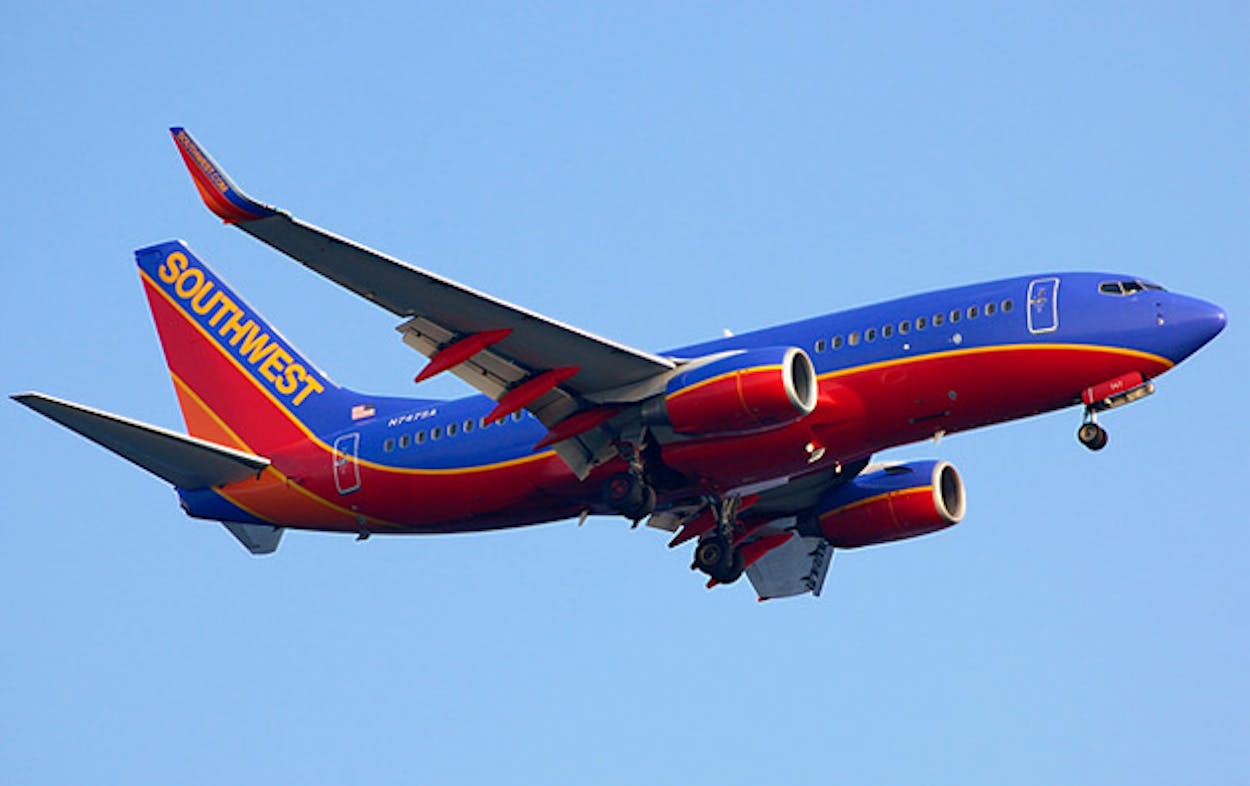The Texas economy is one of the most robust in the world. Wildly profitable companies and ingenious entrepreneurs call this state home, and what happens here influences businesses around the nation. Here’s a slice of the profits, losses, big deals, and backroom decisions happening across Texas this week.
It’s Not Easy Going Green
Valero Energy will miss out on more than $90 million in tax breaks it wanted for installing pollution-reducing equipment at six Texas refineries. The Texas Commission on Environmental Quality (surprisingly?) denied the request because the company “could not show an environmental benefit” at the refinery sites, the Houston Chronicle reported. The tax relief package would have come out of the budgets of school districts and local governments, many of which were hit hard by cuts in the previous legislative session.
The Bottom Line: Valero, which took in $1.2 billion in profits last quarter, won’t go miss out on any millions without a fight—the company announced that it intends to appeal the decision.
Spacemen at Work
NASA’s Johnson Space Center will partner with Texas’s largest tech incubator to coordinate new professional paths for contractors and technicians who were laid off after the final shuttle program ended earlier this year. The Houston Technology Center plans to open an office at the Space Center to “develop entrepreneurial ideas based on spaceflight technology and work with space employees to develop new businesses,” the Houston Chronicle reported.
The Bottom Line: The partnership is more than an exit program—NASA plans to launch back into space within ten years, so the agency hopes to groom employees for the next mission.
208 Planes Later
This month Southwest Airlines became the first company to place an order for Boeing’s new line of 737 MAX airplanes, the Dallas Business Journal reported. The airline announced it will spend $17.6 billion on 208 planes, including 150 of the new model, which is marketed as being significantly more fuel efficient. Southwest plans to begin adding the new planes to its fleet by 2017.
The Bottom Line: The big order is a positive sign, but analysts are cautioning investors not to read too much into it. To wit, the Los Angeles Times points out that American Airlines ordered 460 new planes in July but filed for bankruptcy just four months later.
With Star Wars, EA Finds New Hope
It took four years and more than $100 million, but Star Wars: The Old Republic, a long-awaited video came, finally landed on store shelves this week. The massive multiplayer online game (or MMO) was developed in Austin by BioWare, a division of Electronic Arts. EA’s stock has been slipping of late, but some analysts predict that Star Wars could net as many as 1.5 million subscribers in its first year, Reuters reported. It will take those kinds of numbers to challenge the top MMO game, World of Warcraft, which earns about $1 billion each year in sales and subscriptions.
The Bottom Line: Developing the Star Wars game was no small undertaking for EA’s Austin operation. The company hired 400 full-time developers and more than 1,000 voice actors to work on the project.
Biggest Winner: Texas Breweries
A U.S. district judge has ruled that Texas brewers are now free to call a beer a beer. The proclamation was the outcome of a First Amendment lawsuit filed against the Texas Alcoholic Beverage Commission by a coalition of breweries, the Austin American-Statesman reported. Previously, the state’s beverage code required beverages with more than four percent alcohol by volume to be labeled “malt liquor” or “ale” rather than “beer.” Despite the favorable decision, however, breweries still can’t sell beer on-site.
Biggest Loser: Transocean
Offshore drilling company Transocean Ltd. earned a top-ten spot this week in CNN Money’s list of the year’s Dumbest Moments in Business. Less than a year after its Deepwater Horizon rig exploded in the Gulf of Mexico, killing nine workers, the company touted its safety record and announced plans to reward its executives with nearly $900,000 in bonuses. Soon finding itself dealing with widespread public outrage, Transocean, which has offices in Houston, attempted to make things right by donating $250,000 from each bonus to the Deepwater Horizon Memorial Fund.






